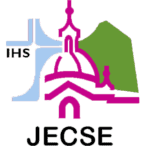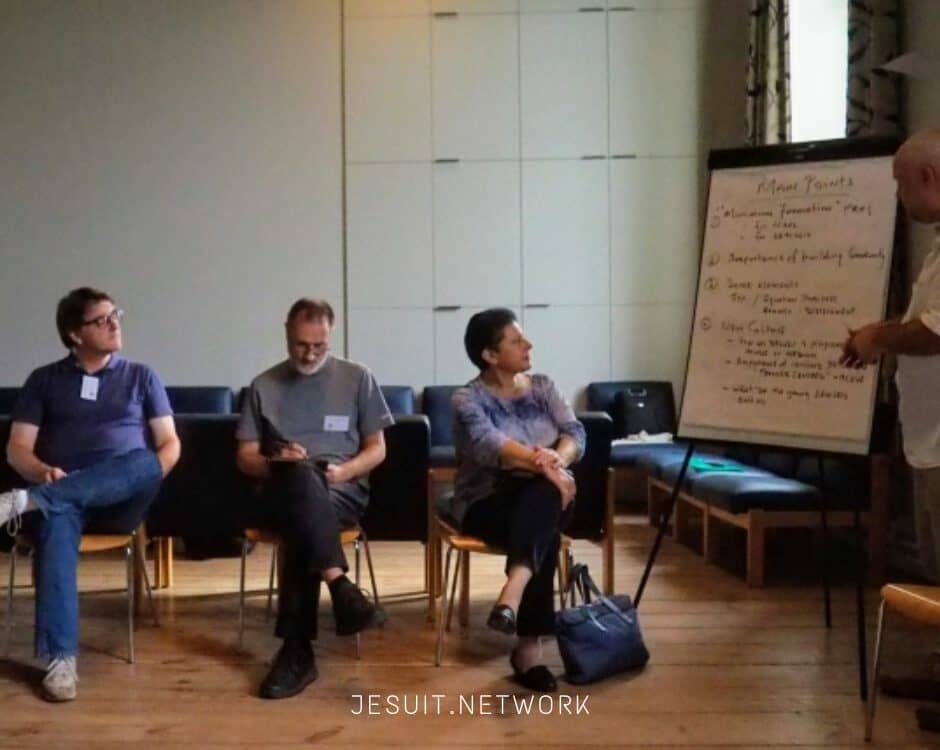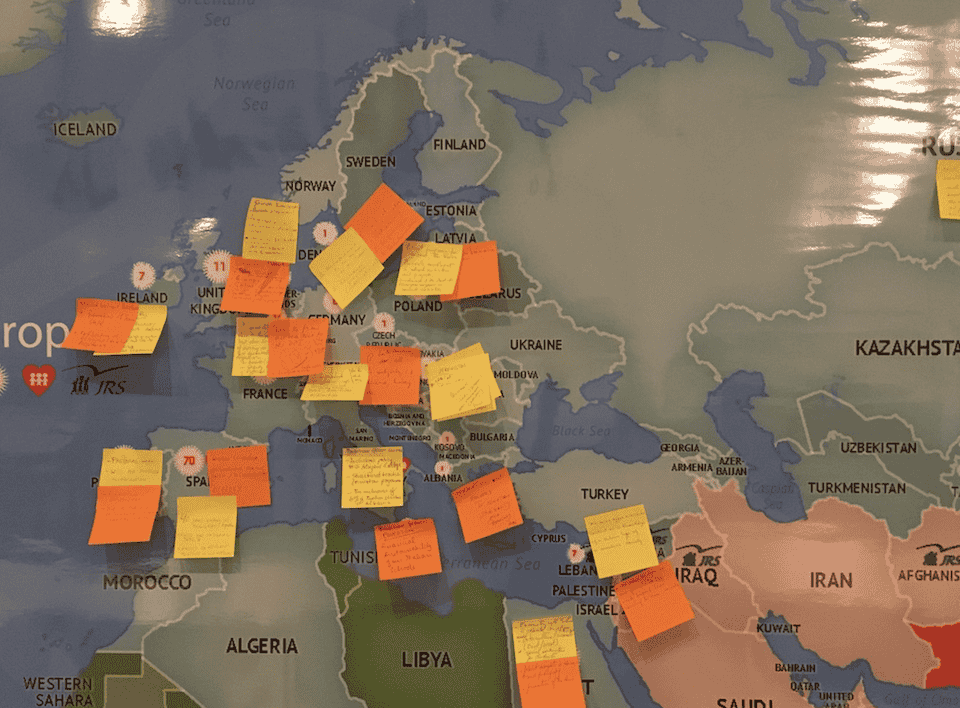This website uses cookies so that we can provide you with the best user experience possible. Cookie information is stored in your browser and performs functions such as recognising you when you return to our website and helping our team to understand which sections of the website you find most interesting and useful.
Ignatian Pedagogical Paradigm on the European Network
The further and deeper hope is to have a group of expert teachers actively reflecting on the IPP and sharing best practice from the various provinces. This community of teachers will be the nucleus of expertise to support and disseminate the IPP in Jesuit Colleges in all the Provinces of Europe.
Prior to the publication of The Living Tradition two documents dominated in the minds of Jesuit educators: the first was The Characteristics of Jesuit Education (1986) and the second was the Ignatian Pedagogic Paradigm (1993), more commonly known as the IPP. The former could be said to describe the ‘pulses’ or values that animate a Jesuit school, the latter the style or approach to be adopted by a teacher in their classrooms. Both are ‘classics’ in that they capture the tradition, its mission and vision, and both have had an enduring relevance ever since their publication. The IPP will be the focus of this short reflection.
In Jesuit schools we put a lot of store by our distinctive ‘way of proceeding’. This applies not only to our personal, pastoral and professional approaches but also (and specifically) to our method of teaching. Enabling the person to be the centre of the encounter (whatever its nature) is primary; whether it be a retreat or a classroom, the retreatant or the student comes first. The dynamic of the Ignatian paradigm enables the student to be at the centre and the driver of his / her own educational experience. The teacher is there to facilitate the process, to nudge or encourage its progress.
The approach of the IPP is often very hard to implement in classrooms where the demands of curriculum and examinations can dominate and leave little time for the delicate processes of reflection and assimilation. Yet this is the constant challenge for Jesuit educators. How do we help students to manage the external demands of public examinations whilst at the same time developing their critical faculties and ensuring that their learning is personally appropriated?
Some of the most exciting work in recent times on the Ignatian Pedagogic Paradigm has been done by Fr Johnny Go and Rita Atienza in the Philippines. They have devised a wonderful text entitled ‘Learning by Refraction’ which reflects on the key concepts behind the IPP and their practical application in the classroom. They have also developed a series of workshops based on their text in which they help teachers reflect on their own style of teaching and to incorporate these methodologies into their everyday practice.
Fr Johnny Go, at the invitation of JECSE and the Irish Province, led just such a workshop in Ireland last February and the results were truly exciting. Leading an international group of teachers, drawn from the four corners of Europe, Fr Johnny explained, modelled and facilitated an in-depth engagement with his text. For many the depth and excitement of the IPP finally came to life. They could see its relevance and its practical effectiveness. Theory and practice came together and many went away feeling that they had ‘caught the Jesuit thing’ as it applied to their school contexts.
On the strength of the success of this first workshop JECSE has decided, with the support of the Spanish province, to run a follow-up workshop in Barcelona – Covid permitting. The aim is now not only to deepen the teachers’ understanding of the IPP for themselves but to enable them to bring their learning back to their provinces. It will be in effect a ‘train the trainers’ programme.
The further and deeper hope is that we will have a group of expert teachers actively reflecting on the IPP and sharing best practice from the various provinces. This community of teachers will be the nucleus of expertise to support and disseminate the IPP in Jesuit Colleges in all the Provinces of Europe.
This international dimension is at the heart of what JECSE strives to develop – a network of Jesuit schools working collaboratively across a continent.
By Brian Flannery, JECSE Steering Committee member and Irish Education Delegate





